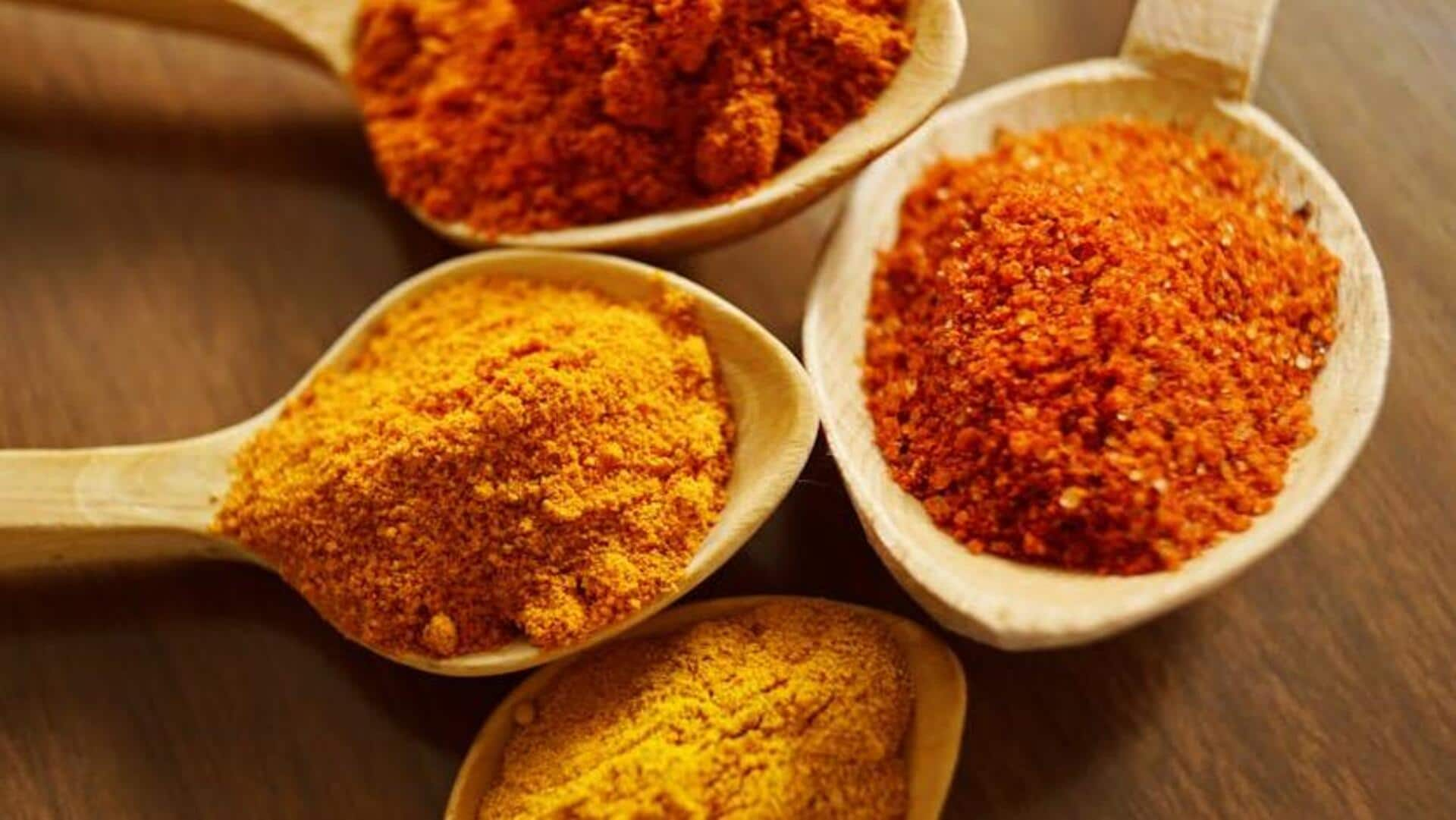
Do spices really affect your body heat? Here's the science
What's the story
Spices have been a part of cuisines all over the world, often thought to affect body temperature. There are a number of myths regarding the effect of spices on our internal hotness, causing confusion. This article attempts to debunk these myths by looking at what spices actually do to body temperature. Knowing the facts, you can choose wisely about your spice intake, and not be fooled by common myths.
Direct impact
Spices do not directly raise body temperature
One widely circulated myth is that eating spicy food directly heats up the body. In actuality, although spices like chili can induce a momentary feeling of warmth as a result of heightened blood circulation and perspiration, they do not notably affect core body temperature. The body's thermoregulatory system effectively preserves a stable internal environment, despite external factors.
Misinterpretation
Sweating does not equate to increased heat
Another misconception is that sweating from spicy foods means your body heat is going up. Sweating is, in fact, a cooling mechanism that capsaicin in peppers triggers by stimulating nerve endings and causing perspiration. This process cools the skin surface rather than raising overall body heat.
Metabolic effect
Capsaicin's role in metabolism
Capsaicin, present in chili peppers, is commonly thought to enhance metabolism and burn calories to a large extent. Though it does increase metabolic rate a little, the boost is short-lived and negligible. Notably, such an increase doesn't play a role in major weight loss or long-term changes in the body's temperature-regulating mechanisms.
Cultural influence
Cultural beliefs vs scientific evidence
Cultural beliefs often assign various health benefits (or drawbacks) to spices, attributing them to traditional practices, not science. While some cultures consider certain spices to be warming or cooling agents, scientific studies have yet to find any significant impact on core body temperature from spice consumption alone.
Balanced approach
Moderation is key with spice consumption
While loving spicy foods can be healthy for many (when eaten in moderation with other healthy ingredients such as vegetables or grains), overconsumption might make some folks uncomfortable (like feeling heartburn). But it won't alter their overall thermal balance by much within human physiology's own limits!